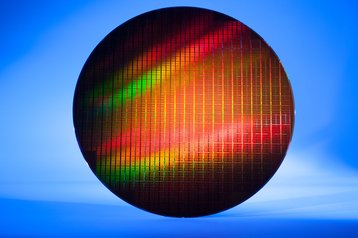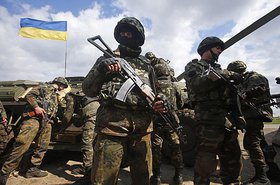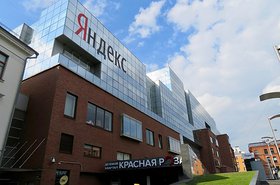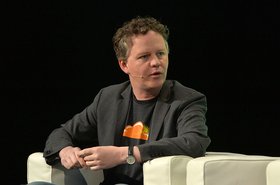Three major world economies made moves to cut off Russia's access to technology, following its invasion of Ukraine.
The US, Japan, and Taiwan each announced sanctions that will both economically punish the country, and make a long-term war more challenging.
In addition to wide financial sanctions, US President Joe Biden announced: "Russia-wide restrictions to choke off Russia’s import of technological goods." This includes "exports of sensitive technology, primarily targeting the Russian defense, aviation, and maritime sectors to cut off Russia’s access to cutting-edge technology."
The sanctions cover sensitive US technologies produced in foreign countries using US-origin software, technology, or equipment. "This includes Russia-wide restrictions on semiconductors, telecommunication, encryption security, lasers, sensors, navigation, avionics and maritime technologies. These severe and sustained controls will cut off Russia’s access to cutting edge technology," the White House said in a statement.
The US government did not confirm how it defined 'cutting edge' or 'sensitive,' with Biden believed to be weighing a number of different chip sanction scenarios (as well as cyberattack scenarios).
The European Union, Australia, Japan, Canada, New Zealand and the United Kingdom, have "already communicated their plans for parallel actions," the White House said.
Japan said that it will impose sanctions on Russia targeting semiconductor exports and financial institutions.
The world's third-largest economy planned "asset freezes and the suspension of visa issuance for Russian individuals and organizations" as well as asset freezes "targeting Russian financial institutions," Prime Minister Fumio Kishida said.
He added: "We will sanction exports to Russian military-related organizations, and exports to Russia of general-purpose goods such as semiconductors and items on a restricted list based on international agreements," he told reporters.
Japan manufactures around 10 percent of the world's chip supply, cutting Russia off during a global semiconductor shortage.
That's more than Taiwan, which develops around eight percent - but that's a somewhat misleading stat. Taiwan, home to the world's largest contract manufacturer TSMC, develops more than half of the world's most advanced chips.
That country said that it, too, will impose sanctions on Russia. But it did not detail what that would entail, and whether it would restrict chip sales.
Taiwan is believed to be watching the invasion of Ukraine particularly closely, given the fact that China claims its territory as its own and has increased its military presence around the island in the past two years.
China has shown no intention of sanctioning Russia, and may remain a semiconductor source for the country, as it currently builds around nine percent of the world's chips.
However, there are again caveats: The nation's chip manufacturing has expanded and advanced massively over the past five years, but it is still less technologically capable than Taiwan and the US.
US sanctions against Huawei and SMIC (China’s most advanced chip designer and foundry, respectively) has meant that the country cannot manufacture advanced logic nodes.
The other wrinkle is that China cannot meet its own chip demands between the sanctions and the wider semiconductor shortages.
However, Russia is a very small semiconductor consumer, acquiring around 0.1 percent of global supplies, according to the US Semiconductor Industry Association.
Russia is believed to buy around 70 percent of its chips from China - but again, those are older nodes that will be fine for cars and home appliances, but that may not be advanced enough for guided missiles.
It also could mean that Russia's data center and cloud industry will be cut off from the Intel, AMD, and Nvidia chips that power the majority of the world's servers. Shares in Russia's largest technology company, Yandex, are down 71 percent.





